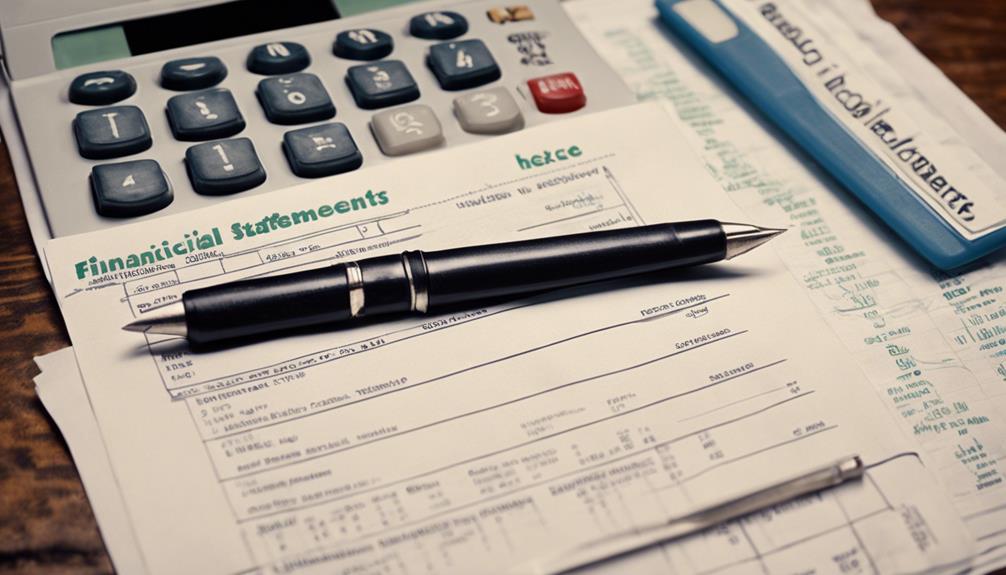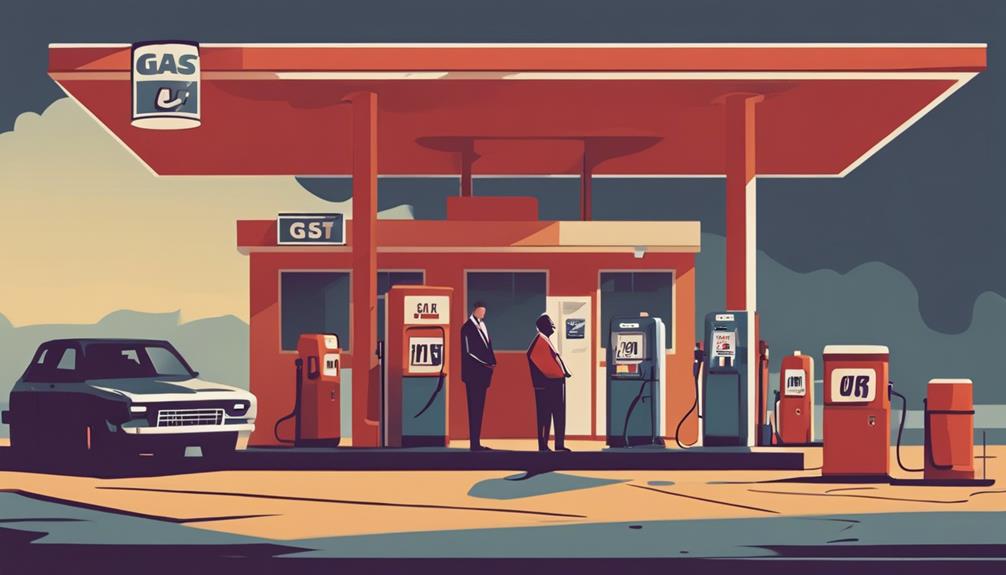When you consider the Virginia Fuels Tax Distributor Bond, it's essential to understand its role in the fuel distribution landscape. This bond not only ensures compliance with state regulations, but it also acts as a safeguard against tax evasion, impacting your credibility in the industry. The requirements can vary based on your business size and distribution volume, which raises questions about what it takes to secure one. But what happens if you don't comply with these regulations? The implications could be significant, and it's worth exploring further.
Overview of Distributor Bond

When you're dealing with Virginia's fuel distribution, understanding the Distributor Bond is crucial. This bond serves as a form of financial security for the state, ensuring that fuel distributors comply with state regulations and tax obligations. Essentially, it's a guarantee that you'll pay the necessary taxes on the fuels you distribute.
Fuel tax bonds are important as they help protect consumers and support government revenue for infrastructure projects ensure compliance with tax obligations.
The Distributor Bond typically requires you to post a certain amount, which can vary based on your business size and the volume of fuel you distribute. By securing this bond, you're not just meeting legal requirements; you're also demonstrating your commitment to operating responsibly within the state's fuel distribution framework.
If you fail to comply with Virginia's fuel tax regulations, the state can claim against your bond to recover unpaid taxes. This means that having a bond isn't just a legal formality; it's a form of protection for your business as well. It can help you avoid costly penalties and maintain your license to operate.
Importance of the Bond
Understanding the importance of the Distributor Bond in Virginia's fuel distribution landscape is essential for any distributor. This bond acts as a safety net, ensuring that you comply with state regulations regarding fuel taxes. By securing this bond, you demonstrate your commitment to legal and ethical business practices, which helps build trust with both consumers and regulatory authorities.
Additionally, similar to cigarette tax bonds that ensure compliance with tax obligations, the Distributor Bond serves as a financial guarantee that protects state revenue from unpaid taxes.
Moreover, the Distributor Bond protects the state from potential revenue losses due to tax evasion or non-compliance. If you fail to meet your tax obligations, the bond guarantees that the state can collect the owed amount, safeguarding public funds. This not only helps maintain a level playing field among distributors but also fosters a stable regulatory environment.
Additionally, having a Distributor Bond can enhance your business's credibility. Clients and partners often view bonding as a sign of reliability and professionalism, which can lead to increased opportunities and contracts.
In a competitive market, this advantage can be crucial for your success. Overall, the Distributor Bond isn't just a legal requirement; it's a strategic asset that supports your business's growth and reputation in Virginia's fuel distribution sector.
Requirements for Obtaining the Bond

To obtain a Virginia Fuels Tax Distributor Bond, you must meet specific requirements set by the state. First, you'll need to be a registered distributor of fuels in Virginia, which means you must have your business properly licensed.
You'll also need to provide documentation that proves your business is in good standing with the Virginia Department of Taxation. Additionally, if you're also operating in Oklahoma, consider familiarizing yourself with the various surety bonds that may apply to your business.
Next, you'll have to determine the bond amount required for your specific operations. This amount can vary, so check with state regulations or consult with a bonding company.
Once you know the amount, you'll need to find a surety company that's authorized to issue bonds in Virginia.
You'll typically be required to complete a bond application and provide personal and business financial information. The surety company will assess your creditworthiness, so be prepared for a credit check.
Lastly, you'll need to pay the bond premium, which is a fraction of the total bond amount.
Once you satisfy these requirements and secure your bond, you'll be ready to operate as a fuels distributor in Virginia legally.
How the Bond Works
Once you've secured your Virginia Fuels Tax Distributor Bond, it's important to know how it functions. This bond acts as a financial guarantee that you'll comply with state fuel tax regulations. Essentially, it provides assurance to the state that you'll pay the necessary taxes on fuels you distribute.
When you obtain the bond, the surety company evaluates your financial stability and creditworthiness, and they set a bond amount based on that assessment. You'll typically pay a premium, which is a percentage of the bond amount, to the surety.
If you fail to meet your tax obligations, the state can make a claim on your bond. If a claim is validated, the surety company steps in to cover the unpaid taxes, up to the bond amount. However, you're responsible for reimbursing the surety for any claims paid out.
This means that maintaining compliance is crucial, as any defaults can lead to financial repercussions and potential difficulty in securing future bonds.
Understanding how your bond works helps you navigate your responsibilities as a fuel distributor effectively, ensuring you stay compliant and protect your business interests.
Consequences of Non-Compliance

What happens if you fail to comply with fuel tax regulations? Non-compliance can lead to severe penalties that impact your business and finances.
First off, you might face hefty fines, which could escalate quickly if you don't address the issues promptly. These fines are designed to deter violations but can put a significant strain on your cash flow.
Additionally, your business could face suspension or revocation of your operating license. This means you won't be able to legally distribute fuel, leading to potential loss of revenue and customers.
If you're caught consistently violating regulations, you might also attract the attention of state authorities, leading to audits and further scrutiny.
Moreover, your surety bond could be called upon to cover unpaid taxes or penalties. This not only affects your financial standing but can also impact your reputation within the industry. You may find it challenging to secure future contracts or partnerships.
In short, non-compliance isn't just a minor inconvenience; it can jeopardize your entire business. It's crucial to stay informed and compliant to avoid these serious consequences.
Conclusion
In summary, the Virginia Fuels Tax Distributor Bond is essential for your fuel distribution business. It not only ensures compliance with state regulations but also boosts your credibility in the market. By understanding the bond's requirements and consequences of non-compliance, you can safeguard your business and maintain a solid reputation. Don't overlook the importance of this bond—it's crucial for your success and longevity in Virginia's competitive fuel industry.


